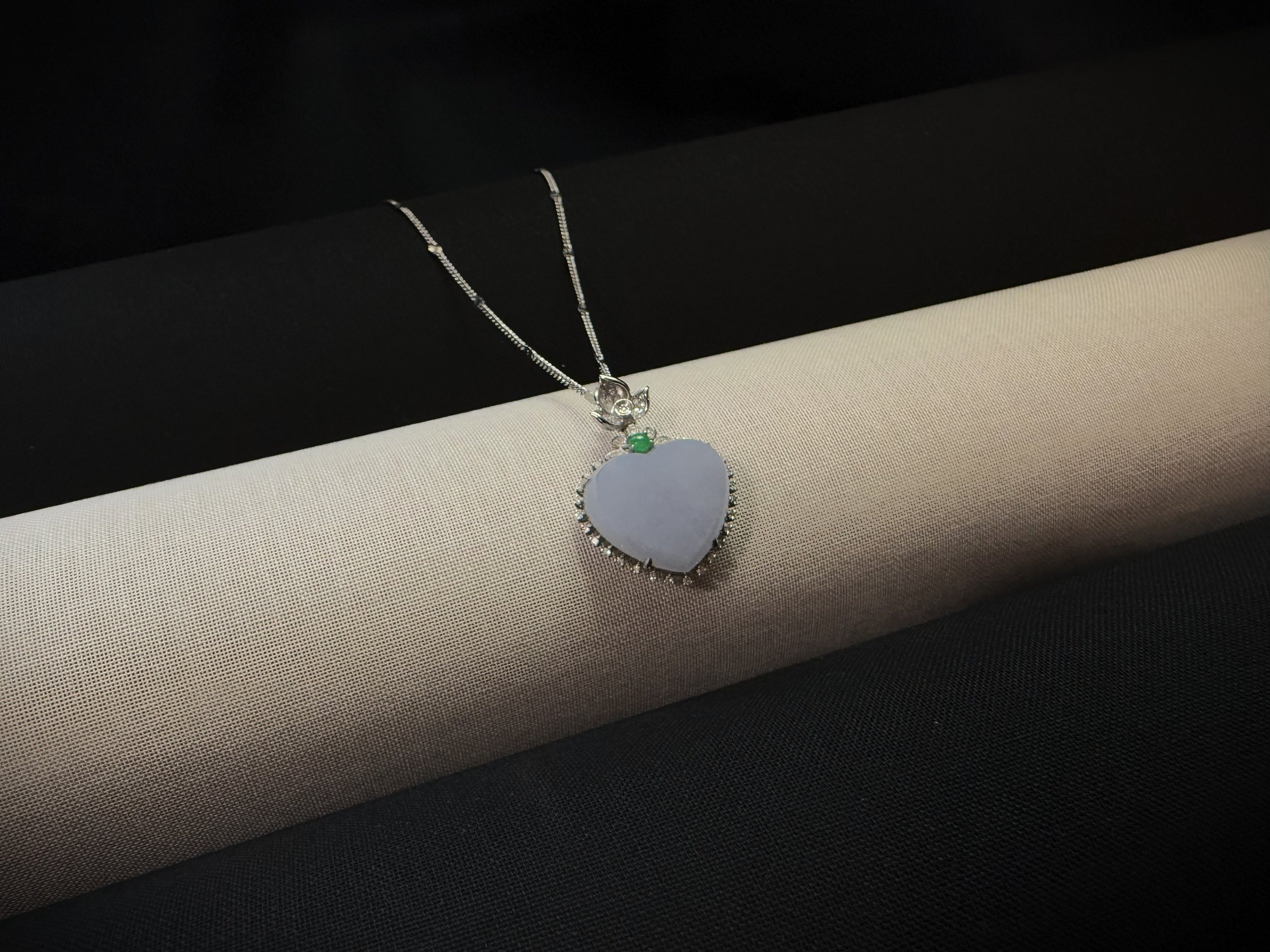 Image 1 of 3
Image 1 of 3

 Image 2 of 3
Image 2 of 3

 Image 3 of 3
Image 3 of 3




Fatalité
"One is not born, but rather becomes, a woman." The Second Sex shattered the world’s perception of womanhood. A young reader, a woman who had lived within expectations—her mother’s wish for obedience, society’s demand for passivity, a lover’s need for her to be his anchor—had always believed her fate was prewritten. Until she read: "Destiny is not something given, but something made." She closed the book abruptly, as if struck by a realization she had never dared to face. In that moment, she knew—her life was not something to wait for, but something she must seize and redefine.
"One is not born, but rather becomes, a woman." The Second Sex shattered the world’s perception of womanhood. A young reader, a woman who had lived within expectations—her mother’s wish for obedience, society’s demand for passivity, a lover’s need for her to be his anchor—had always believed her fate was prewritten. Until she read: "Destiny is not something given, but something made." She closed the book abruptly, as if struck by a realization she had never dared to face. In that moment, she knew—her life was not something to wait for, but something she must seize and redefine.
"One is not born, but rather becomes, a woman." The Second Sex shattered the world’s perception of womanhood. A young reader, a woman who had lived within expectations—her mother’s wish for obedience, society’s demand for passivity, a lover’s need for her to be his anchor—had always believed her fate was prewritten. Until she read: "Destiny is not something given, but something made." She closed the book abruptly, as if struck by a realization she had never dared to face. In that moment, she knew—her life was not something to wait for, but something she must seize and redefine.